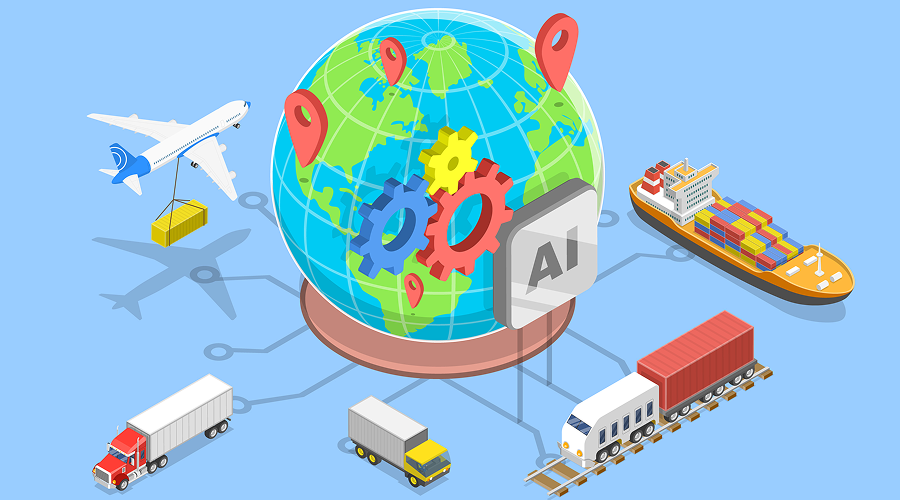Challenges and Countermeasures in Domestic E-Commerce Logistics

Challenges and Solutions in Domestic E-Commerce Logistics
In recent years, the Japanese e-commerce (EC) market has grown rapidly, but logistics has become a major bottleneck. Consumers demand faster delivery, while companies face rising costs and labor shortages. In this article, we will explore the main challenges in domestic EC logistics and provide practical solutions.
1. Rising Logistics Costs
One of the biggest challenges is the continuous increase in logistics costs. The price of fuel, packaging materials, and labor costs are all climbing, directly impacting EC businesses. Especially for small and mid-sized businesses, these expenses can heavily affect profit margins.
Solution: To address this, companies are adopting automated warehouses and route optimization systems. By leveraging AI to forecast demand and streamline delivery routes, logistics costs can be reduced significantly.
2. Labor Shortages in the Logistics Industry
Japan is experiencing a chronic labor shortage, particularly among truck drivers and warehouse staff. The "2024 Logistics Problem," driven by new work-hour regulations, is putting even more strain on the industry.
Solution: The introduction of robotics, such as automated picking systems and delivery drones, is gaining attention. Additionally, collaborative models like shared logistics, where multiple companies pool resources, are becoming effective countermeasures.
3. Last-Mile Delivery Issues
Even if products reach local depots, last-mile delivery often becomes a challenge. Failed deliveries, small-lot shipments, and urban traffic congestion all contribute to inefficiencies.
Solution: One effective approach is offering alternative delivery options such as parcel lockers and convenience store pickup. This reduces missed deliveries and improves customer convenience.
4. Growing Demand for Sustainable Logistics
Consumers are becoming increasingly eco-conscious, and logistics is no exception. Excessive packaging and CO₂ emissions from transportation are under scrutiny.
Solution: Companies are introducing eco-friendly packaging, optimizing load efficiency, and adopting EV trucks. By promoting green logistics, businesses can not only reduce environmental impact but also enhance their brand image.
5. The Role of Technology in Logistics
Digital transformation (DX) in logistics is essential. Warehouse management systems (WMS), transportation management systems (TMS), and predictive analytics are being rapidly adopted.
Solution: By integrating multiple systems and using data for decision-making, companies can increase transparency and efficiency across the supply chain.
Conclusion
The domestic EC logistics sector in Japan is facing unprecedented challenges, but with the right strategies and technology adoption, these challenges can become opportunities. Companies that proactively tackle these issues will be the ones to lead the future of EC logistics.
About AnyLogi
AnyLogi is a logistics platform that provides comprehensive support for both domestic and international logistics. It integrates seamlessly with a wide range of e-commerce carts and marketplaces, including Shopify, to streamline operations. With logistics hubs across Japan and overseas, AnyLogi offers forwarding and import/export services leveraging local delivery networks. We provide quotes as quickly as the same day. Please feel free to contact us through the form below.








